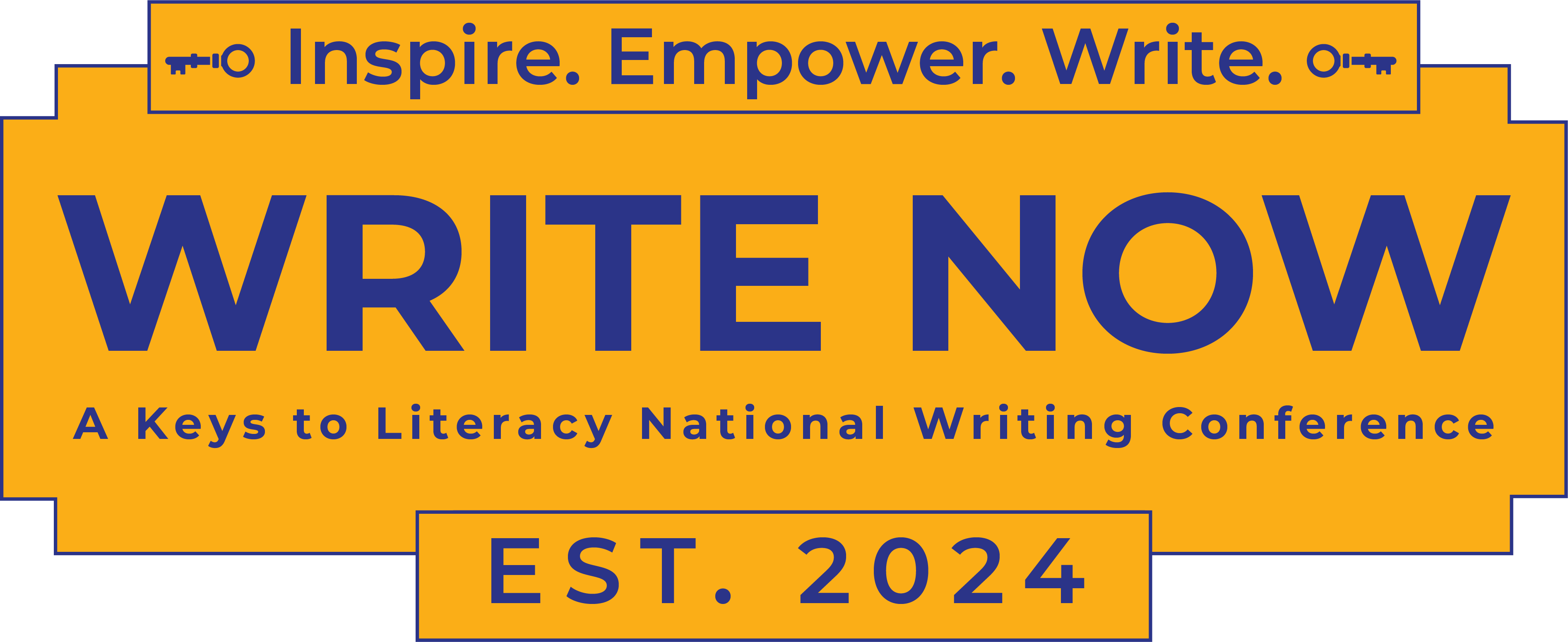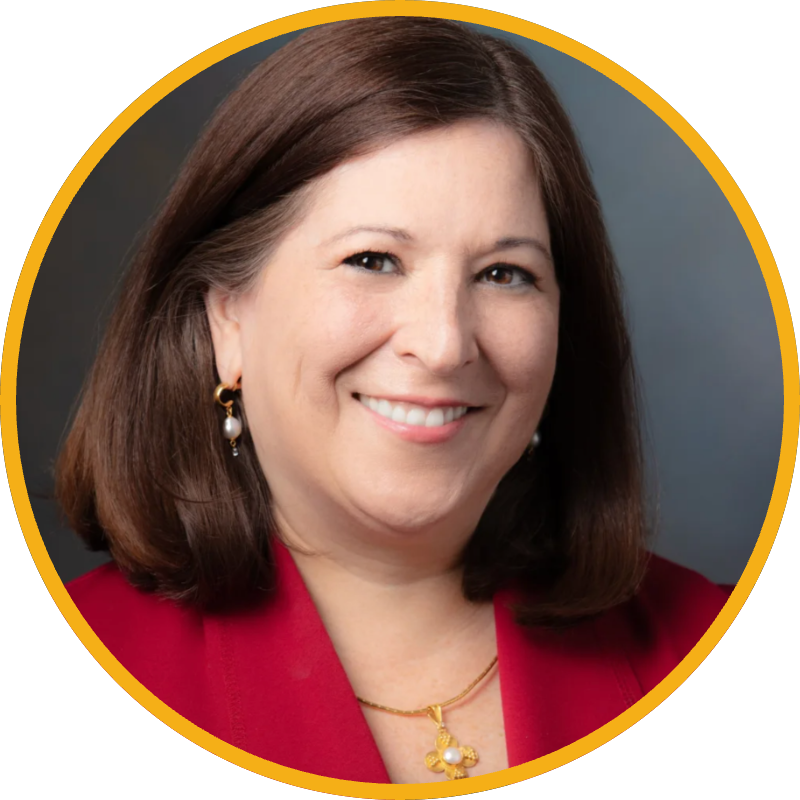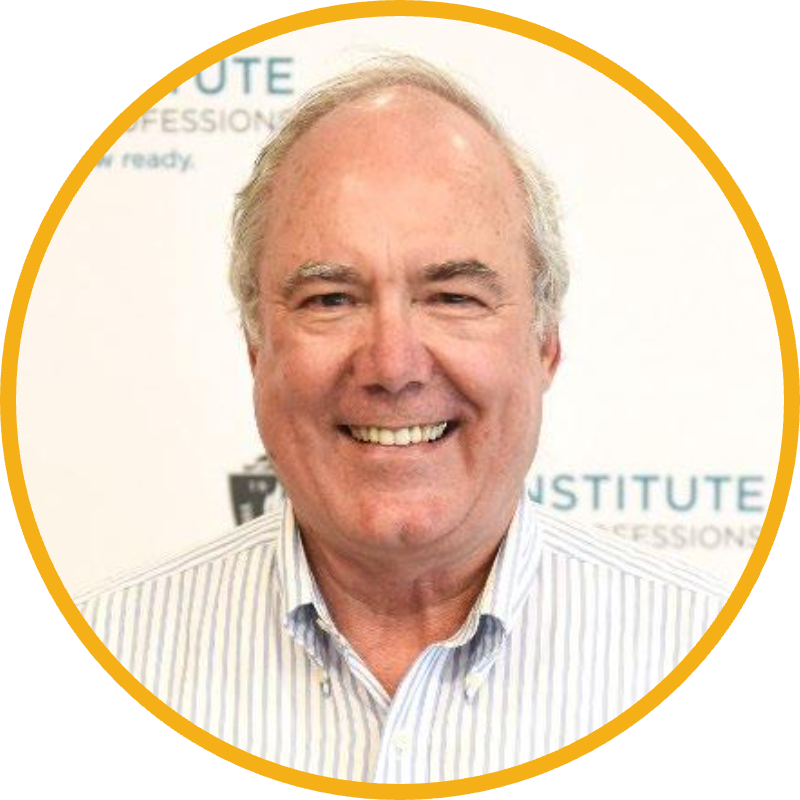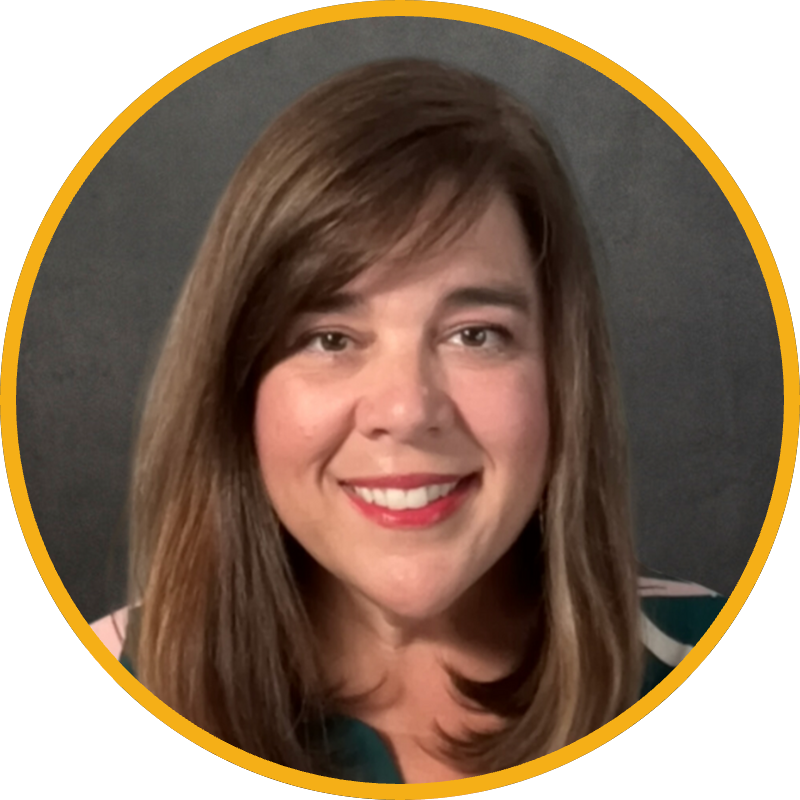Day(s)
:
Hour(s)
:
Minute(s)
:
Second(s)

Join Us for the 2025 Write Now Virtual Conference
November 14, 2025
Keynote Speaker

Joan Sedita
Keys to Literacy Founder
Featured Speakers

Elsa Cárdenas Hagan, Ed.D.
President, Valley Literacy Center

Shauna Cotte
Vice President, Senior Director of Professional Development

Dr. Karen R. Harris
Regents Professor Emeritus, Arizona State University

Charles W. Haynes, EdD. CCC-SLP
Professor Emeritus, MGH Institute of Health Professions

Michael Hebert
Associate Professor, University of California, Irvine School of Education

Lisa Klein
Vice President, Senior Director of Relationship Management

Pati Montgomery
Head of Instructional Leadership

Carla Burrell Stanford, M.Ed.
Director of Instructional Design, Reading Universe

Get ready to spark your passion for writing instruction at Write Now 2025—a high-energy, full-day virtual conference designed to connect K-12 educators with leading voices in evidence-based writing instruction. Since 2007, Keys to Literacy has been your trusted source for professional development that’s practical, research-driven, and ready for the classroom.
Don’t miss our keynote speaker, Joan Sedita, founder of Keys to Literacy and author of The Writing Rope, as she shares powerful insights on using writing as a tool for learning.
With nine inspiring breakout sessions tailored for both elementary and secondary educators, you’ll leave with ready-to-use strategies to elevate student writing, no matter what subject you teach.
The day will wrap up with a dynamic expert panel discussion on boosting student writing achievement—an opportunity to hear real-world solutions to the challenges educators face today.
Featured Sessions
The complete list of speakers and the event schedule will be announced shortly.

Elsa Cárdenas Hagan, Ed.D.
President, Valley Literacy Center
Oral Language Connections for Writing Development Among Multilingual Students
Oral Language is the foundation for literacy which includes writing development. This session will address the components of language as they relate to writing among all students. Special considerations for the oral language features of multilingual students will be described. Participants will learn typical oral and written language patterns of heritage Spanish speakers and the instructional design principles necessary to enhance their oral and written language skills. Case studies will be presented along with lesson design examples.
Elsa Cárdenas Hagan, Ed.D. Speaker Bio
Dr. Elsa Cárdenas-Hagan is President of the Valley Literacy Center in Brownsville, Texas and a research associate with the Texas Institute for Measurement, Evaluation and Statistics at the University of Houston. Her research interests include the development of language and literacy skills among Spanish-and English speaking students. She has also worked with teams of researchers designing assessments and interventions for this diverse population of students. Dr. Cárdenas-Hagan serves as the Chairperson of the National Joint Committee on Learning Disabilities, and is a Past-Vice-Chairperson of the International Dyslexia Association. Her book entitled: Literacy Foundations for English Learners: A Comprehensive Guide to Evidence-Based Instruction was published to help educators implement Structured Literacy among English learners.

Charles W. Haynes, EdD, CCC-SLP
MGH Institute of Health Professions
Word, Sentence, and “Micro-discourse” Strategies: Keys to Text-Level Writing
Structured, systematic, and explicit literacy instruction results in significant gains in students’ comprehension and writing. Too often, writing instruction focuses exclusively on discourse (paragraph and multi-paragraph) structure, with minimal emphasis on development of topical vocabulary and sentence-level skills. After a very brief review of theory and evidence, this presentation will describe topical (theme-centered) vocabulary, sentence formulation, and “micro-discourse” (inter-sentence cohesion and elaboration) strategies that participants can use right away in their teaching. The methods are well-suited for regular education, grades 1-5, and for students who need additional support in upper grade school, middle school, and even high school. Dr. Haynes will draw from his (2018) book for teachers, From Talking to Writing: Strategies for Supporting Narrative and Expository Writing, and will include more recent strategies developed and tested in the Written Expressive Language and Literacy Collaborative (WELL) language clinic at MGH Institute of Health Professions (see Lambrech-Smith & Haynes, 2022; Haynes, Smith & Laud, 2019) and in work with students in public schools in the greater Boston area.
Charles W. Haynes, EdD, CCC-SLP Speaker Bio
A national and international presenter, Dr. Charles Haynes is Professor Emeritus at the MGH Institute of Health Professions in Boston, where he lectures researches reading and writing interventions as well as literacy development in bilingual and bi-dialectal students. A pioneer of language-based curricula for children with dyslexia and expressive language impairments, Dr. Haynes has conducted more than $3,000,000 of studies examining cognitive and linguistic assessments and interventions in English, Japanese, Arabic, and Portuguese. He is Senior Advisor to the International Dyslexia Association’s (IDA) Global Partners Committee, and, in 2014, received the Margaret Byrd Rawson Lifetime Achievement Award from the IDA for his contributions to the field of dyslexia. Dr. Haynes co-authored the highly-rated “From Talking to Writing” in 2018 and helps school systems improve students’ reading and writing skills.

Dr. Karen R. Harris
Arizona State University
Writing Narrative, Opinion, and Persuasive Essays Based on Text in Grades K-5 with SRSD Instruction
Narrative, persuasive/argumentative and informative writing are emphasized in standards and schools across the country. We will talk through how SRSD instruction across these genres works in grades K-5, and how strategies for each genre connect and become more sophisticated across grades, preparing students for the grades to come. Teachers are in charge, modifying SRSD instruction as needed to fit their students, classroom, and context; and integrating best practices with SRSD. The reading – writing connection is emphasized. How SRSD instruction teaches students close reading to learn and then write for these genres is shared, as is early work in Kindergarten. Student writing before and after SRSD instruction will be shown, including students with differing abilities across a typical classroom. Resources for teachers are shared.
Dr. Karen R. Harris Speaker Bio
Karen has been an educator for 50 years, first teaching 4th grade in a coal mining community in West Virginia and then adolescents in special education. She earned her doctoral degree at Auburn University in 1981. She developed the Self-Regulated Strategy Development (SRSD) model of strategies instruction, now researched in the areas of writing, mathematics, science, and more. SRSD is deemed evidence-based in the U.S., with moderate to large effects for narrative, persuasive, and informative writing, and is being implemented in numerous schools. SRSD instruction places strong faith in teachers and supports differentiation across students. Karen’s current research focuses on integrating close reading to learn and then write in each genre across grades K-5, and how strategies for all 3 genres are extended in grades 6-12.

Carla Burrell Stanford, M.Ed.
Reading Universe
Sentence Sense: Practical Strategies for Teaching Syntax Skills in the Early Grades
Join Shauna Cotte, Vice President at Keys to Literacy, and Carla Sanford, Director of Instructional Design at Reading Universe, as they explore why syntax is a powerful but often overlooked key to comprehension and writing success. This session will highlight how teaching sentence-level skills in the early grades supports both reading and writing development. Participants will walk away with practical, ready-to-use strategies that can be integrated into existing curriculum materials to strengthen students’ sentence construction and literacy proficiency.
Carla B. Stanford, M.Ed. Speaker Bio
Carla has been an educator for over 25 years and taught children from all socio-economic backgrounds and urban, suburban, and rural environments. During these years, it became apparent that I didn’t have the tools to teach a child how to read. I sought out training in structured literacy and was blown away that I did not have this knowledge. In 2013, I cofounded the nonprofit Reading is Essential for All People (REAP), which aims to provide public school teachers with scientifically based training to teach children how to read. In the fall of 2020, I knew that my skills in teaching reading were needed in classrooms, so I began teaching reading to small groups of children in an Atlanta Public School and at a school that serves children experiencing homelessness. This work was filled with joy to see these fantastic faces each day and yet filled with a desire to know more to be a better teacher for these children. My children were predominantly African American(AA) who spoke African American English(AAE). I realized I needed to learn more about AAE and how children who speak AAE learn how to read.
Fortunately, this journey to learn more about how to teach AA children who speak AAE how to read effectively resulted in my pursuit of a Ph.D. in Education at the University of California, studying with Dr. Julie Washington. My research interests include understanding AAE and the role being a bidialectal speaker of AAE plays in learning to read for AA children. Additionally, I am interested in the role Executive Function plays in learning how to read, especially for AA children who are bidialectal speakers of AAE and experiencing homelessness.

Pati Montgomery
Keys to Literacy
It’s Possible: Leadership’s Keys to Unlocking Powerful Writing Instruction
This engaging session, led by KTL’s Head of Instructional Leadership, Pati Montgomery, and Vice President Lisa Klein, is designed for education leaders ready to champion effective, research-based writing instruction. Discover how to create the conditions for success, support teachers with what they need most, and implement scalable, evidence-based practices that make high-impact writing instruction not only possible but powerful.
Pati Montgomery Speaker Bio
Pati Montgomery is the founder of Schools Cubed, a school consulting firm that specializes in collaborating with school and district leadership to increase reading outcomes, and therefore educational outcomes for all students. Schools Cubed’s focus is coaching and mentoring school and district leadership to implement evidence-based practices in literacy.
Pati Montgomery has held roles as a classroom teacher, elementary and middle school principal, district leadership position and was the executive director of literacy for the state of Colorado where she led the implementation of one of the first evidence-based literacy legislation in the country.

Lisa Klein
Keys to Literacy
Unlocking Writing: The Keys to a Statewide K–12 Writing Movement
While the Science of Reading has captured national momentum, writing remains the overlooked companion in literacy success. This session invites state leaders to examine the current state of writing instruction, explore national and state trends, and identify pressing needs across classrooms. We’ll highlight how state organizations are partnering with Keys to Literacy to elevate writing by building teacher knowledge of the research base, investing in professional learning, and advancing practical, scalable approaches. Let’s make writing the next literacy priority, systemwide.
Lisa Klein Speaker Bio
Lisa holds the position of Vice President, Senior Director of Relationship Management and is a member of the senior management team. Beginning in 2011 with Keys to Literacy, Lisa spent eight years as a trainer and three years as Senior Director of Account Management. An experienced educator with a passion for literacy and learning, she began teaching in 1995 at the Landmark School, a school renowned for the work they do with children and adolescents with language-based learning disabilities. Throughout her career in education, Lisa enjoyed being a classroom teacher, a special educator, and a reading specialist in both urban and suburban schools. As a Keys trainer, she was passionate about her work with students, teachers, and administrators from schools across the United States. In her current role, Lisa appreciates the opportunity to collaborate with district and school leadership to customize professional development plans that bring consistent literacy routines to students across all grade levels and subject areas. Lisa is a frequent presenter at literacy conferences.
The complete list of speakers and the event schedule will be announced shortly.
Welcome and Opening Keynote
9:00 – 10:00 AM
Welcome & Opening Keynote
The Writing Rope: Writing To Learn
Presented by:
Joan Sedita
Session A
10:10 – 11:00 AM
Oral Language Connections for Writing Development Among Multilingual Students
Presented by: Elsa Cárdenas Hagan, Ed.D.
Word, Sentence, and “Micro-discourse” Strategies: Keys to Text-Level Writing
Presented by: Charles W. Haynes, EdD, CCC-SLP
Updates Coming Soon!
Session B
11:10 – 12:00 PM
Unlocking Writing: The Keys to a Statewide K–12 Writing Movement
Presented by: Lisa Klein, M.Ed.
Unlocking Syntax: Practical Tools for Teaching Sentence Structure in K–4
Presented by: Carla Burrell Stanford, M.Ed. & Shauna Cotte, M.Ed.
Updates Coming Soon!
Lunch
12:00 – 12:50 PM
Break for Lunch
Session C
1:00 – 1:50 PM
Writing Narrative, Opinion, and Persuasive Essays Based on Text in Grades K-5 with SRSD Instruction
Presented by: Dr. Karen Harris
It's Possible: Leadership's Keys to Unlocking Powerful Writing Instruction
Presented by: Pati Montgomery, M.Ed. & Lisa Klien, M.Ed.
Updates Coming Soon!
Panel Discussion
2:00 – 2:50 PM
Panel Discussion: Writing Instruction K-12
Panel Members Joan Sedita, Dr. Karen Harris, Charles W. Haynes, Elsa Cárdenas Hagan, Michael Hebert, Pati Montgomery, & Michelle Elia
Moderators: Lisa Klein and Shauna Cotte
Closing
2:50 – 3:00 PM
Closing Remarks:
Words from KTL Founder, Joan Sedita
Frequently Asked Questions
Browse through these FAQs to find answers to commonly raised questions.
If you have a question that you can’t find the answer to, please contact our team.
Will closed captioning be available during the live sessions?
Yes. For directions and prerequisites please click here.
When will I get access to the recordings?
You will get access to the recordings one hour after the event concludes
How long will I have access to the recordings?
You will have access to the recordings from November 14th to December 31, 2025.
How will I access the recordings?
Registrants will automatically receive an email alert one hour after the event concludes. This notification will include an access link to all of the recordings.
Will the recordings have closed captioning?
Yes. You will have the option to turn closed captions (CC) on in the Zoom recording.
How do I access my certificate of attendance?
Keys to Literacy will offer self-service certificates based on the honor system for participants’ duration of involvement. Participants can record a maximum of 11 hours, which includes 2 hours for the keynote and roundtable discussion, along with 9 hours for each one-hour session. Participants will receive the certificate after the event concludes.
Register for 2025 Write Now Conference!
Date: Friday, November 14, 2025
Time: 9:00 AM – 3:00 PM EST
Location: Live Virtual Event via Zoom
Cost: $49 (Includes access to all live and recorded sessions + certificate of participation)
What’s Included:
- Live access to all sessions on conference day
- On-demand access to all eleven recorded sessions
- Certificate of participation
- Practical, classroom-ready strategies for grades K–12
Who Should Attend:
Educators, coaches, and instructional leaders are looking for evidence-based, effective writing practices you can use right now.

